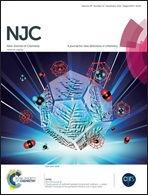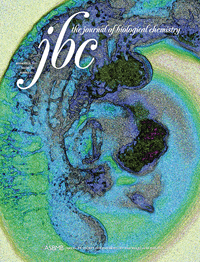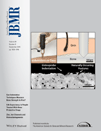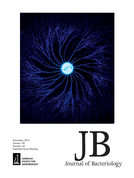 Researchers in Germany have retracted their 2011 article in the Journal of Bacteriology after another lab pointed out a fatal error in the paper.
Researchers in Germany have retracted their 2011 article in the Journal of Bacteriology after another lab pointed out a fatal error in the paper.
The article, “Escherichia coli Exports Cyclic AMP via TolC,” came from a group at Tübingen University led by Klaus Hantke. The paper focuses on the crucial role of the membrane channel TolC in exporting cyclic AMP (cAMP)-cAMP receptor protein (CRP) complex, which regulates nearly 200 E. coli genes. According to the abstract:
The data demonstrate that export of cAMP via TolC is a most efficient way of E. coli to lower high concentrations of cAMP in the cell and maintain its sensitivity in changing metabolic environments.
But the conclusions rested on a gene mutation that wasn’t quite what it seemed. Here’s the notice: Continue reading E. coli gene paper falls to mistaken mutation



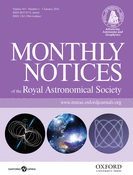 A group of astrophysicists has notched a pair of corrections for papers on galaxy clusters, thanks to an error that affected several figures in the papers, but not the overall conclusions.
A group of astrophysicists has notched a pair of corrections for papers on galaxy clusters, thanks to an error that affected several figures in the papers, but not the overall conclusions.

